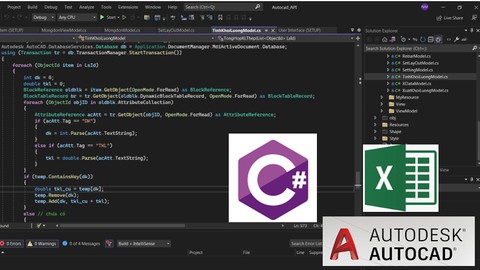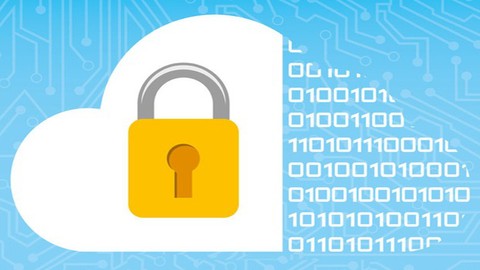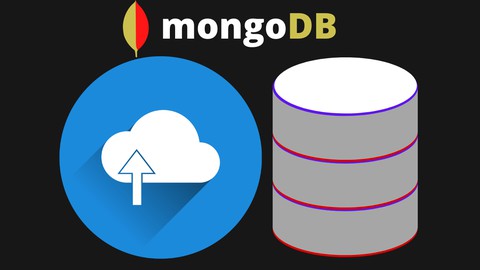Mô tả
Internet Protocol version 6 (IPv6) is the most recent version of the Internet Protocol (IP), the communications protocol that provides an identification and location system for computers on networks and routes traffic across the Internet. IPv6 was developed by the Internet Engineering Task Force (IETF) to deal with the long-anticipated problem of IPv4 address exhaustion, and is intended to replace IPv4. In December 1998, IPv6 became a Draft Standard for the IETF, which subsequently ratified it as an Internet Standard on 14 July 2017.
Devices on the Internet are assigned a unique IP address for identification and location definition. With the rapid growth of the Internet after commercialization in the 1990s, it became evident that far more addresses would be needed to connect devices than the IPv4 address space had available. By 1998, the IETF had formalized the successor protocol. IPv6 uses 128-bit addresses, theoretically allowing 2128, or approximately 3.4×1038 total addresses. The actual number is slightly smaller, as multiple ranges are reserved for special use or completely excluded from use. The two protocols are not designed to be interoperable, and thus direct communication between them is impossible, complicating the move to IPv6. However, several transition mechanisms have been devised to rectify this.
IPv6 provides other technical benefits in addition to a larger addressing space. In particular, it permits hierarchical address allocation methods that facilitate route aggregation across the Internet, and thus limit the expansion of routing tables. The use of multicast addressing is expanded and simplified, and provides additional optimization for the delivery of services. Device mobility, security, and configuration aspects have been considered in the design of the protocol.
Bạn sẽ học được gì
IPv6 Address Fundamentals
IPv6 Address Simplification Rules
IPv6 Address Types
IPv6 Multicast Address
IPv6 Unicast Address Types - Unspecified and Loopback
IPv6 Unicast Address Types - Unique Local Address
IPv6 Unicast Address Types - Link Local Address
IPv6 Unicast Address Types - Global Unicast Address
IPv6 Unicast Address Types - GUA Subnet Prefix
IPv6 Unicast Address Types - Embedded IPv4
IPv6 Global Unicast Address Manual Configuration
IPv6 Unicast Routing
IPv6 Dynamic Address Assignment - SLAAC
IPv6 Router Address Assignment with SLAAC
IPv6 Path MTU Discovery (PMTUD)
IPv6 Dual Stack Migration Strategy
IPv6 Tunneling - MCT with Static Routing
IPv6 Tunneling - MCT with Dynamic Routing
IPv6 Tunneling - GRE
IPv6 Tunneling - Automatic 6to4 ( Private Address )
IPv6 Tunneling - Automatic 6to4 ( Public Address )
IPv6 Tunneling - ISATAP
IPv6 NAT64 Introduction
IPv6 Static NAT64
IPv6 NAT64 with DNS64
IPv6 Deployment Models
IPv6 and IPv4 Characteristics
IPv6 Enhancements over IPv4
Yêu cầu
- You need to have knowledge of Cisco IOS CLI configuration . You can implement scenarios of this course in GNS3 and EVE-NG.
Nội dung khoá học
Viết Bình Luận
Khoá học liên quan

Đăng ký get khoá học Udemy - Unica - Gitiho giá chỉ 50k!
Get khoá học giá rẻ ngay trước khi bị fix.







![Java Certification : OCA (1Z0-808) Exam Simulation [2023]](/uploads/courses/udemy/1464072_c364_6.jpg)






![10 Sample Exams ISTQB Foundation Level (CTFL) v4.0 [NEW!]](/uploads/courses/udemy/3228307_dcb2_10.jpg)



Đánh giá của học viên
Bình luận khách hàng